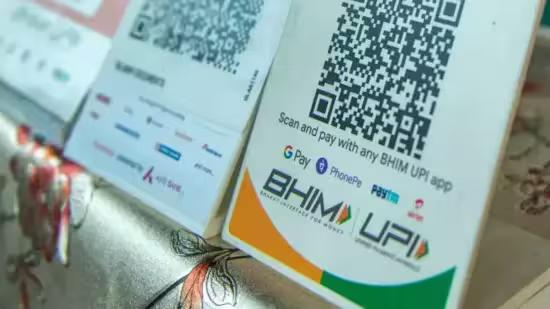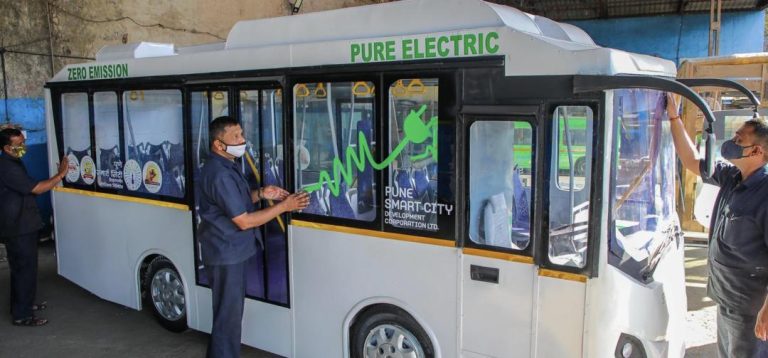
Trinidad & Tobago becomes the first Caribbean nation to adopt UPI
In a significant move, Trinidad and Tobago has become the first Caribbean country to adopt Unified Payments Interface (UPI), India’s flagship digital payment platform. This milestone development comes after the two countries agreed to explore further collaboration in the implementation of India Stack solutions, including DigiLocker, e-Sign, and Government e-Marketplace (GeM). This major achievement was achieved during Prime Minister Narendra Modi’s two-day official visit to Trinidad and Tobago.
The adoption of UPI by Trinidad and Tobago marks a significant step forward in the country’s digital payment infrastructure. UPI is a revolutionary payment system that enables users to make financial transactions through a single interface, using the Bharat Interface for Money (BHIM) app. The platform allows users to send and receive money, as well as make bill payments, online purchases, and more.
The collaboration between India and Trinidad and Tobago is a testament to the growing ties between the two nations. In recent years, India has been actively promoting its digital payment solutions globally, with countries like Sri Lanka, Nepal, and Bhutan already adopting UPI. Trinidad and Tobago’s adoption of UPI is a significant milestone, marking the first time a Caribbean nation has joined the global UPI network.
During Prime Minister Modi’s visit to Trinidad and Tobago, the two countries signed several agreements aimed at strengthening bilateral ties. The agreements included a MoU on cooperation in the field of digital payments, with a focus on the implementation of India Stack solutions. The India Stack is a set of APIs that enable the creation of a robust digital infrastructure, facilitating the development of innovative digital solutions.
The adoption of UPI by Trinidad and Tobago is expected to have a significant impact on the country’s digital payments landscape. The platform is designed to be user-friendly, with no need for users to share their financial information or payment details. UPI transactions are also secure, with a high level of authentication and encryption in place to prevent fraud.
The integration of UPI with Trinidad and Tobago’s existing digital payment infrastructure is expected to increase financial inclusion, especially in rural areas. The platform will enable users to access a range of financial services, including bill payments, online purchases, and money transfers, through a single interface.
The agreement on cooperation in digital payments also paves the way for further collaboration between India and Trinidad and Tobago. The two countries have agreed to explore the implementation of other India Stack solutions, including DigiLocker, e-Sign, and Government e-Marketplace (GeM).
DigiLocker is a digital locker service that allows users to store their documents, certificates, and ID proofs securely. The platform is designed to reduce the need for physical documents, making it easier for users to access important documents digitally.
e-Sign is an electronic signature solution that enables users to sign documents digitally. The platform is designed to reduce the need for physical signatures, making it easier for users to sign documents quickly and securely.
GeM is an e-marketplace platform that enables government agencies to procure goods and services digitally. The platform is designed to reduce the need for manual procurement processes, making it easier for government agencies to source goods and services quickly and efficiently.
The collaboration between India and Trinidad and Tobago is expected to have a significant impact on the country’s digital economy. The integration of India Stack solutions will enable the country to leapfrog traditional payment systems, and adopt more advanced digital payment solutions.
In conclusion, Trinidad and Tobago’s adoption of UPI is a significant milestone in the country’s digital payment infrastructure. The collaboration between India and Trinidad and Tobago is a testament to the growing ties between the two nations, and marks the first time a Caribbean nation has joined the global UPI network.






